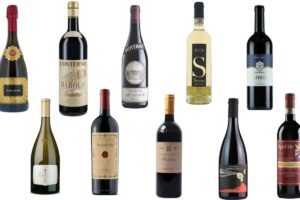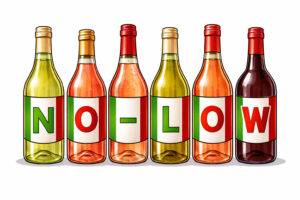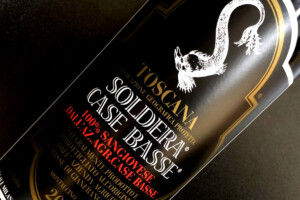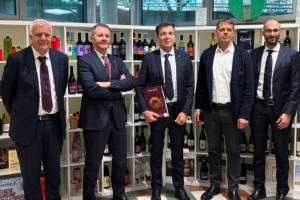Some of the key points the Assembly of European Wine-Producing Regions (Arev, www.arev.org), unanimously adopted in their resolution and sent to the European Commission, explaining, “given the absence of progress concerning the wine sector in the free trade negotiations between the EU and USA (TTIP)” included, that the US waiver using, on both national and international markets, 17 "semi-generic” European geographical indications (Burgundy, Chablis, Champagne, Chianti, Claret, Haut-Sauterne, Hock, Madeira, Malaga, Marsala, Moselle, Port, Retsina, Rhine, Sauterne, Jerez-Xérès-Sherry and Tokaj) and traditional European names (chateau, classic, clos, cream, crusted / crusting, fine, late bottled vintage, noble, ruby, superior, sur lie, tawny, vintage et vintage character, vendanges tardives, sélection de grains nobles); that the US comply to the oenological practices recognized by the International Organisation of Vine and Wine for all wines exported to European markets; the recognition of "Organic Wine" as required by EU regulations 834/2007 and 889/2008, and the exemption of the certificate of label approval "Cola" required by the "Alcohol & Tobacco Tax & Trade Bureau" for EU wines exported to the United States.
AREV is concerned that "a rapid compromise on customs duties may be concluded at the expense of important non-tariff issues", and explained at the Assembly that “in view of the fragile mutual tariff protection currently in effect in the wine sector, customs duties are not the central issue in the negotiations. It is essentially about rules and regulations, be they legal, financial, health-oriented, environmental or cultural and a transatlantic pact should be formed. In the wine sector, it is the more ambitious European standards (together with the International Organization of Vine and Wine) at risk of being sacrificed as obstacles to the free market. The issues are challenging for wine in Europe as well as around the world”.
Meanwhile, negotiations on TTIP saw the conclusion of round 11 yesterday in the US, as Paolo De Castro, MEP and S & D coordinator in Committee on Agriculture and Rural Development of the EU Parliament
explained to WineNews.
“EU negotiators will be at the US Congress From November 2nd to 6th for a very important mission. We hope”, said De Castro, “that the negotiations are considered with all the attention they deserve from the commercial point of view, especially from Italy. It is true that we are a country of great excellences but we cannot consume them all by ourselves, we must sell them.
The US is a huge market, second only to the EU, counting 350 million inhabitants and a higher per capita income than the European. We cannot put values on TTIP that it does not have: European rules and regulations on issues such as hormones, GMO and so on will not change. The negotiations need to be convincing and we hope, also through TTIP, to beat the enormous problem of Italian Sounding”.
Copyright © 2000/2026
Contatti: info@winenews.it
Seguici anche su Twitter: @WineNewsIt
Seguici anche su Facebook: @winenewsit
Questo articolo è tratto dall'archivio di WineNews - Tutti i diritti riservati - Copyright © 2000/2026






































































































































































































